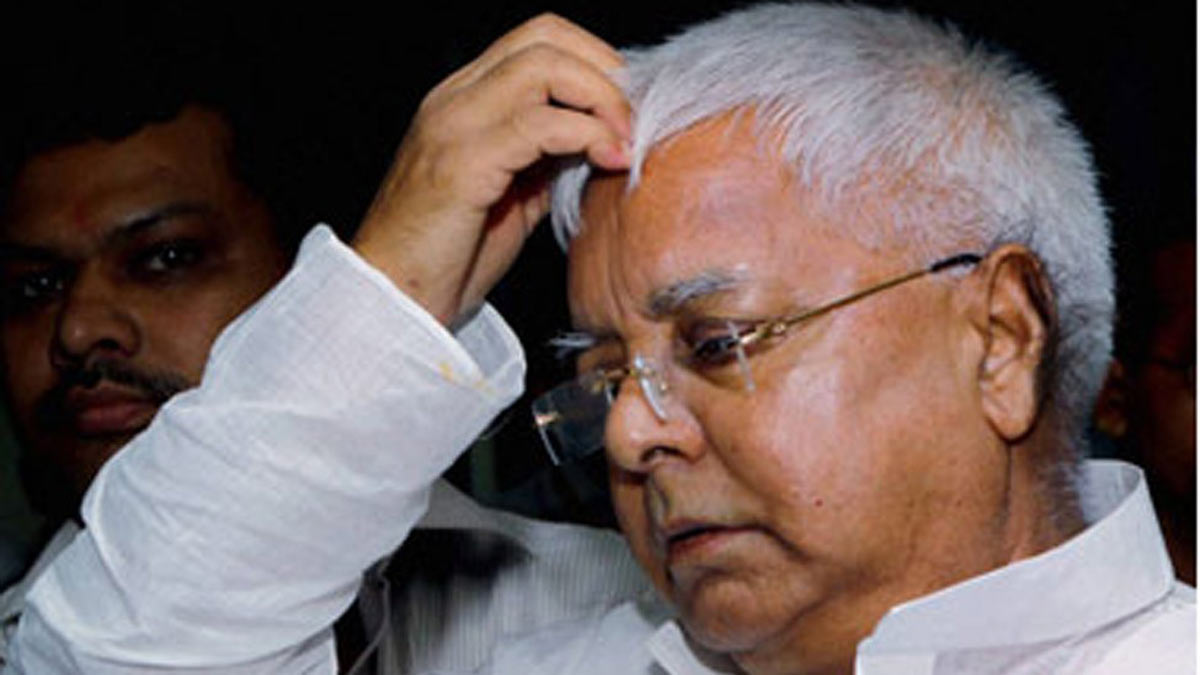Railway jobs case: Supreme Court exempts Lalu Prasad Yadav from personal presence, refuses to stay trial
 Lalu Prasad Yadav | PTI
Lalu Prasad Yadav | PTI
The Supreme Court on Friday refused to stay the trial against Rashtriya Janata Dal (RJD) chief Lalu Prasad Yadav in the railways jobs case. The case is related to the appointments made during his tenure as the railway minister, allegedly in exchange for land gifted or transferred to his family members or associates.
A bench of Justices MM Sundresh and N Kotiswar Singh exempted Yadav from personal presence during the trial.
Yadav had moved the Supreme Court against the May 29 interim Delhi high court order, refusing to stay the trial while scheduling the hearing of his petition to quash the case in August.
However, the top court refused to interfere with the case stating that matter is already pending before the high court and requested the high court to expedite the hearing on Yadav’s plea.
During a brief hearing, Senior advocate Kapil Sibal, appearing for Yadav, called it the most unfortunate case and said the CBI filed FIR in 2022 for allegations about the period when Yadav was the minister from 2004 to 2009. Sibal said the probe could not have started without the sanction under the Prevention of Corruption Act’s Section 17-A.
Additional Solicitor General SV Raju, who represented the CBI, opposed Yadav’s petition, saying the high court is yet to decide the matter.
In his appeal, Yadav said the CBI filed the case after a 14-year delay. He sought the quashing, saying the CBI had to first obtain the mandatory sanction from the central government under section 17-A, which relates to inquiry against public servants into offences relatable to decisions taken or recommendations made in discharge of official functions or duties.
Yadav argued that the trial court went ahead with the proceedings without the sanction.
With the Supreme Court choosing not to stay the trial, the proceedings in the lower court are expected to continue without Lalu Yadav’s physical presence. The spotlight now shifts to the Delhi High Court, which will hear the quashing plea in August.
The outcome in the High Court will be critical. If it agrees with Yadav’s contention on the absence of sanction under Section 17-A, the trial could be delayed. However, if the court finds that the sanction was not necessary, the case could gain momentum and move toward framing of charges.
India